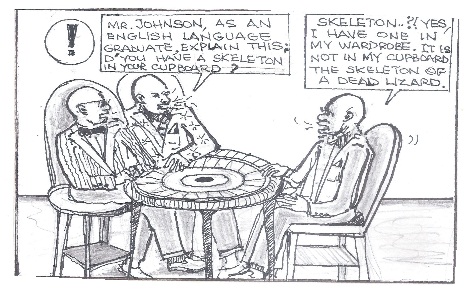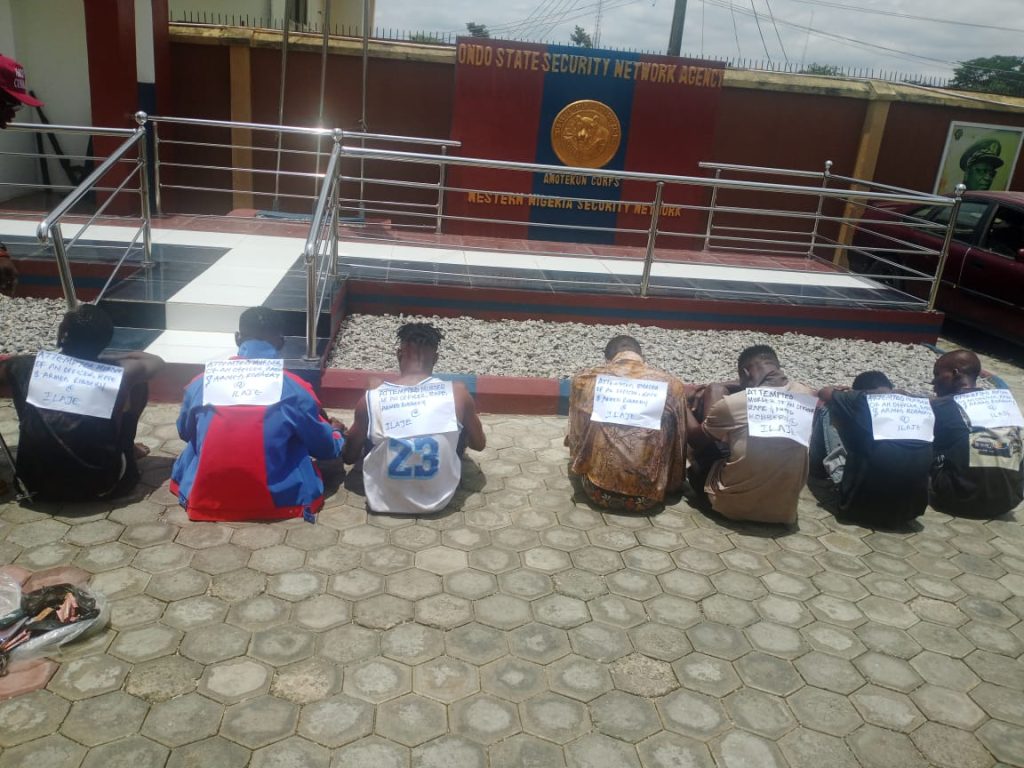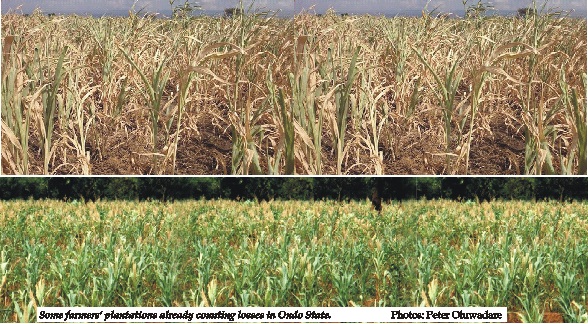New Naira Notes, Hawkers, Abuse
THE motives behind the redesigned N200, N500 and N1, 000 notes, according to the Central Bank of Nigeria (CBN), were to unearth monies stolen and stashed by corruptible people, curtail activities of criminals, especially kidnappers, cut down inflation and promote cashless economy. Other reasons were to control the amount of money in circulation, address shortage of clean and fit banknotes and curb counterfeiting, among others. Beyond these, it is in line with global standard practice to redesign the nation’s legal tender every five years. The naira has not been redesigned in the last 20 years.
HOWEVER, we observed that the effort was shrouded in secrecy and unethical practices by the CBN, bank managers, naira hawkers and the elite. First, against the expectations of many Nigerians, the new notes were more of re-coloration rather than redesign. Second, the amount of money spent on producing the notes and the amount produced are out of public knowledge. It is so pathetic that the Deputy Governor of the CBN in charge of Financial Stability, Aisha Ahmad, said she did not know the actual amount of the new notes produced but said the apex bank ordered 500 million pieces.
WITH this figure and the fact that the old versions of the redesigned notes would terminate January 31 of this year barring any last minute change/extension, one expects the new notes to be widely circulated across the country on December 15, 2022, announced as the disbursement date by the CBN but the reverse was the case. Weeks after the disbursement date, majority of the populace were yet to touch the new notes. Our observations at commercial banks and the automated teller machines (ATMs) revealed that only a few of the new notes were being disbursed on the counter while very scanty number of notes were found in the machines. Hitherto, majority of the populace were yet to touch the three redesigned notes, some days to the expiration of their old versions, which are still very much in circulation.
DESPITE their scarcity in banks and ATMs, the new notes are commonplace at social events with influential people in attendance. The new notes are thrown around and desecrated by the elite. One would think it is December 2023 already, with the amount of the new notes in their command. Our investigation showed that the new notes were been traded to politicians, capitalists, and the elite club directly from the CBN.
THE apex bank’s officials and their subordinates at commercial banks have turned new notes to objects of commercialization; they either go to the highest bidders or those with political influence.A source at the CBN confirmed this that “what the banks were doing from our intelligence, was that they were holding the cash and giving it to high-profile individuals and customers over-the-counter and not circulating it to ordinary customers.”
BUT the CBN is also culpable in this matter as it has failed as a regulator in this regard. While its staff trade with the elite, commercial bank managers trade with naira hawkers. We found that the economic relationship between the two parties has been a long-term one.
THE new notes, popularly called ‘mints’ are sold to naira hawkers, who sell them at social events to those that desire to spray the notes as a symbol of wealth and class. The notes are conspicuously traded like ‘akara’ by naira hawkers at social events, Little wonder the apex bank this week decided that commercial banks “must dispense it (new notes) through ATM machines for now until it fully circulates in the financial system.”
SECTIONS 20 and 21 of the CBN Act of 2017 outlaw any action by anyone who hawks, sprays, squeezes, dances on, or writes on the Naira. The penalty for culprits caught is a jail term of six months or payment of a fine to the tune of N50, 000. Since the enactment of the law, no single politician or influential person has been reportedly punished for flouting the law.
THIS is a major reason for the desecration of the naira. Rather than just a fine or six-month jail term, naira trading should be declared a grave offence with severe punishment. This will discourage those plying the illegal trade.
IF there is any time to aggressively implement the CBN Act that prohibits spraying, hawking and other forms of abusing the naira, it is now. We call on the Economic and Financial Crimes Commission, the Independent Corrupt Practices and other Related Offences Commission, the Nigeria Police and other security agencies to be alive to their responsibilities of arresting and prosecuting culprits found flouting the CBN Act. We equally called on the federal government to move against the officials of the CBN found trading the naira notes. Government should also severely punish any commercial bank official caught trading the naira with hawkers.










